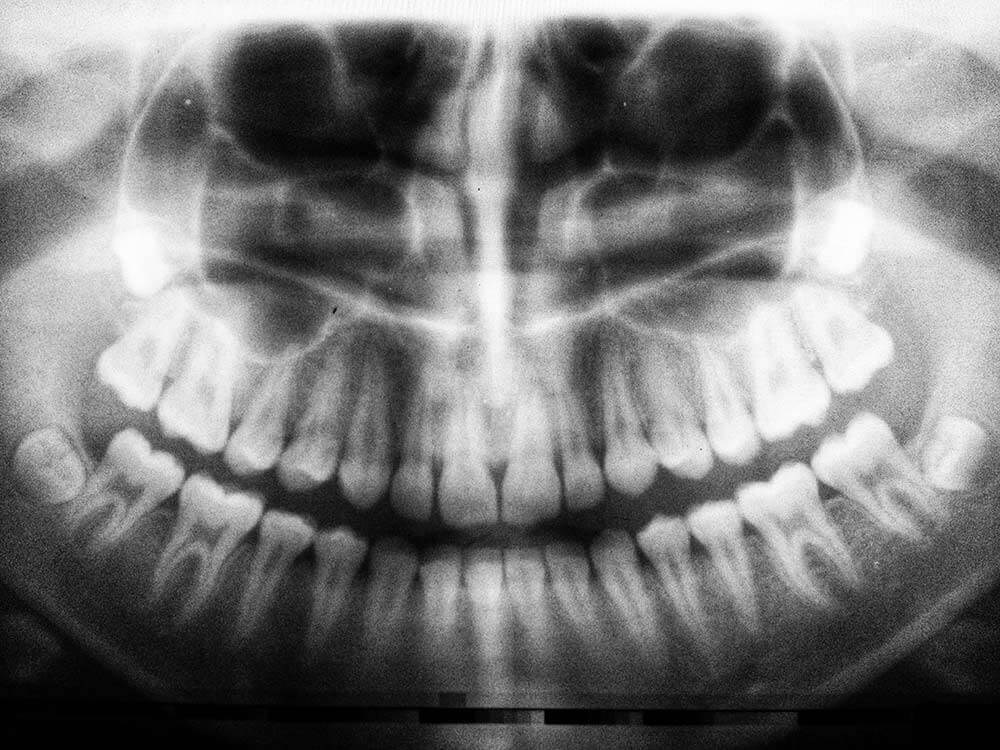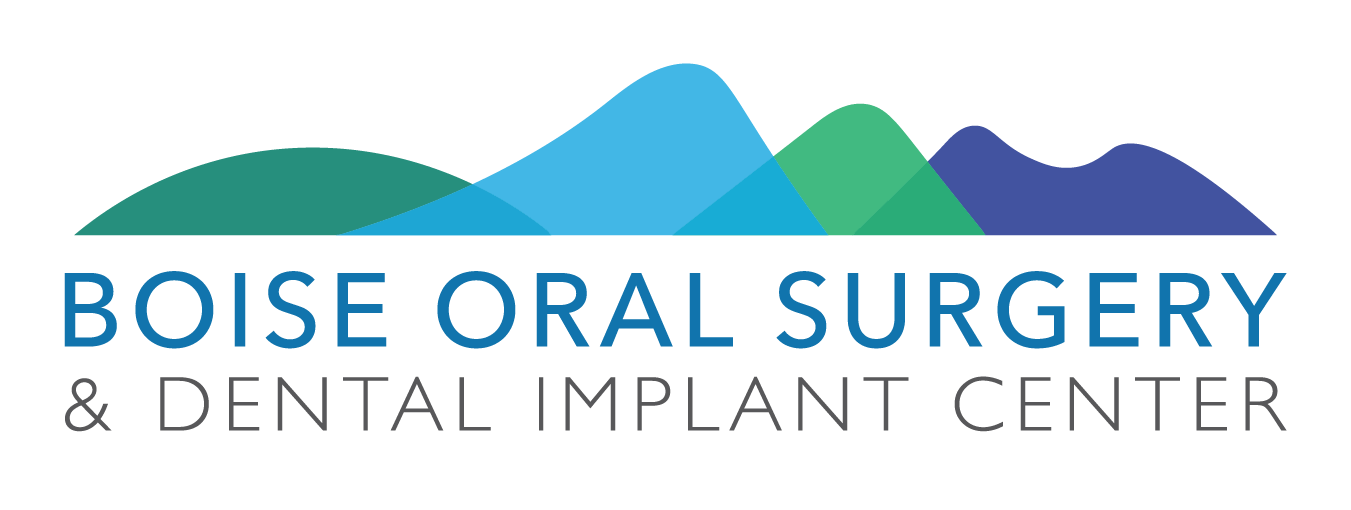Oral Surgery News & Blog
Boise Oral Surgery & Dental Implant Center
Do you know if you have wisdom teeth? Chances are, if you’re in your early to mid-twenties, you probably do have your wisdom teeth by now. While some people aren’t even aware that they even have wisdom teeth, for others, wisdom teeth can cause intense pain and other serious problems. Here are four of the primary reasons why wisdom teeth can be problematic, along with some considerations and warnings.
What Are Wisdom Teeth?
First, it’s important to understand what’s meant by the term “wisdom teeth.” Unlike what you may have been told, getting your wisdom teeth doesn’t make you smarter. It signifies you’re on the road to adulthood. These teeth typically emerge during the late teen years and twenties or around the ages of 17 to 24.
As for adult dental hierarchy, the wisdom teeth are the last or third set of molars to appear. Your wisdom teeth are located at the extreme back of your mouth, with two of them on the bottom row and the other two on the top, which completes your set of 32 adult teeth.
1. OVERCROWDED ADJACENT TEETH
One of the main problems with wisdom teeth is that they generally cause density and overcrowding to adjacent teeth, which are usually overcrowded to begin with. As a result, your adjacent teeth get pushed aside, causing misalignment. Even worse, this can affect your smile and result in further damage to your neighboring teeth. It could lead to bone loss as well as cavities, which impacts your overall oral health.
2. INFLAMED GUMS
Because space is restricted, a wisdom tooth that’s impacted can often result in gum inflammation, which can lead to oral problems, such as painful gum infection. When gum disease starts and spreads to its roots, it can be extremely challenging for dentists to treat the problem. What’s more, a partially impacted tooth can make the gap between the gum and the tooth become an ideal spot for bacteria to grow. This situation can make it more likely for infection to develop.
3. HARDER TO CLEAN AND FLOSS NEIGHBORING TEETH
Even though a wisdom tooth may not cause any pain, it can still affect your oral health. Consider how there’s less space between a newly erupted wisdom tooth and an adjacent tooth, which can make cleaning your teeth harder. Besides brushing your teeth, flossing is also more difficult. This condition can put your teeth at risk for plaque buildup and cavities.
4. TUMORS AND CYSTS
Impacted wisdom teeth can cause cysts and tumors to form, which can result in intense jaw pain. This can result in severe dental problems, including TMJ. When this occurs, it’s critical you consult a highly qualified and experienced Boise dentist or oral surgeon to discuss wisdom teeth removal.

OTHER CONSIDERATIONS AND WARNINGS
- Even if your wisdom teeth aren’t causing pain, there could still be a problem. For example, your wisdom teeth could be impacted or stuck, meaning they’re unable to emerge through your jaw.
- Sometimes, a mouth is too small to accommodate wisdom teeth. Another problem could be teeth that don’t grow straight but at an angle to the other teeth, causing damage.
- In some cases, a wisdom tooth problem doesn’t become noticeable until it’s become severe.
- The best way to know if you have a problem with a wisdom tooth is to see a Boise, Idaho dentist who can determine if there’s been an impaction.
Why Boise Oral Surgery
Dr. Jeffrey Scott Bobst is an oral and maxillofacial surgeon with board certifications from the American Board of Oral and Maxillofacial Surgery. He and his staff make it a point to treat each patient as their own person with specific oral health needs. We’ll work with you to create a treatment and post-operative plan that makes the most sense for you. We don’t just work with wisdom teeth. We’re also proficient in a number of procedures, such as bone grafting, corrective jaw strategy, and oral pathology screening.
If you have any remaining questions, or would like to request an appointment, get in touch with us.





